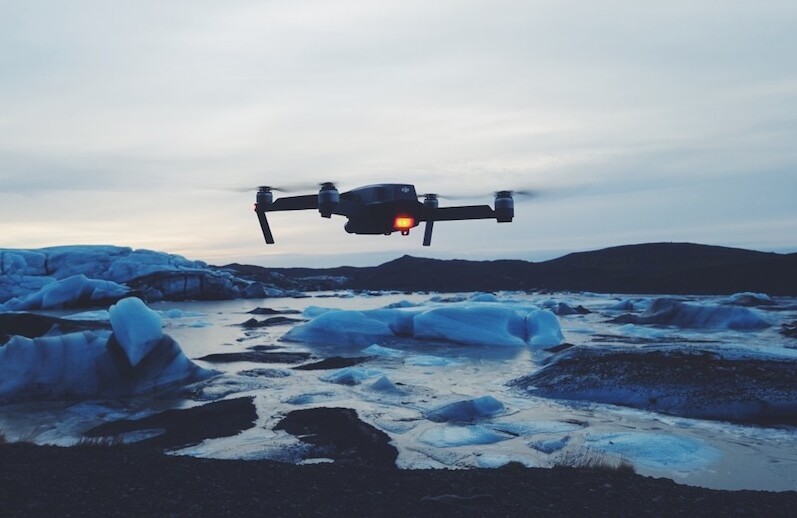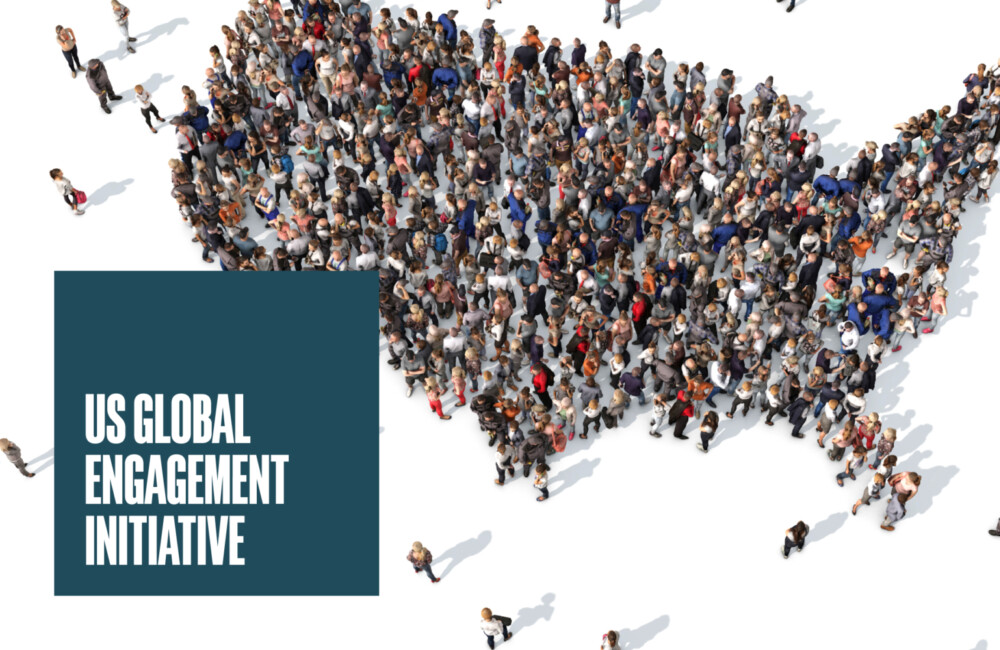Framing ethical perspectives
Emerging Technologies are technologies whose development and/or practical applications are still largely unrealized. Carnegie Council’s events, experts, and initiatives focus on the emergence of artificial intelligence (AI) and related technologies and aim to map the field, illuminate topics requiring further research, and build a diverse community of experts, with the goal of ensuring that these systems are developed and deployed in a just, responsible, and inclusive manner.
Featured Emerging Technology Resources
Artificial intelligence, climate-altering technologies, and more
SEP 12, 2024 • Article
From Principles to Action: Charting a Path for Military AI Governance
MAR 26, 2024 • Podcast
When the War Machine Decides: Algorithms, Secrets, and Accountability in Modern Conflict, with Brianna Rosen
Arthur Holland Michel and Oxford's Brianna Rosen discuss the war in Gaza, the U.S. drone program, and algorithmic decisions, transparency, and accountability.
APR 9, 2024 • Video
Algorithms of War: The Use of AI in Armed Conflict
From Gaza to Ukraine, the military applications of AI are fundamentally reshaping the ethics of war. How should policymakers navigate AI’s inherent trade-offs?
Related Initiatives
Carnegie Ethics Accelerator
The Carnegie Ethics Accelerator is a new kind of incubator designed to empower ethics in the face of swiftly evolving challenges in technology and public policies.
Explore Our Emerging Technology Resources
DEC 2, 2019 • Podcast
Gene Editing Governance & Dr. He Jiankui, with Jeffrey Kahn
Jeffrey Kahn, director of the Johns Hopkins Berman Institute for Bioethics, discusses the many governance issues connected to gene editing. Plus, he gives a first-hand ...
NOV 20, 2019 • Podcast
Gene Editing: Overview, Ethics, & the Near Future, with Robert Klitzman
In the first in a series of podcasts on gene editing, Columbia's Dr. Robert Klitzman provides an overview of the technology, ethical and governance issues, ...
NOV 18, 2019 • Podcast
The Crack-Up: Dwight Eisenhower & the Road Trip that Changed America, with Brian C. Black
In 1919, a young Army officer named Dwight Eisenhower, along with a "Mad Max"-style military convoy, set out on a cross-country road trip to examine ...

NOV 13, 2019 • Podcast
AI in the Arctic: Future Opportunities & Ethical Concerns, with Fritz Allhoff
How can artificial intelligence improve food security, medicine, and infrastructure in Arctic communities? What are some logistical, ethical, and governance challenges? Western Michigan's Professor Fritz ...

NOV 11, 2019 • Transcript
The Ethical Algorithm, with Michael Kearns
Over the course of a generation, algorithms have gone from mathematical abstractions to powerful mediators of daily life. They have made our lives more efficient, ...

NOV 8, 2019 • Podcast
Fighting ISIS Online, with Asha Castleberry-Hernandez
National security expert Asha Castleberry-Hernandez discusses what "ISIS 2.0" means and how the terrorist group has used social media to recruit and spread its message. How ...

NOV 6, 2019 • Podcast
Carnegie New Leaders Podcast: The Future of Space Acquisition & Threats, with Maj. Gen. Nina M. Armagno
In conversation with intelligence analyst Amelia M. Wolf, Major General Nina M. Armagno of the U.S. Air Force discusses her role as director of ...

OCT 21, 2019 • Podcast
The Individual & the Collective, Politics, & the UN, with Jean-Marie Guéhenno
Carnegie Council Senior Fellow Jean-Marie Guéhenno, former head of United Nations peacekeeping operations, discusses the tensions between the individual and the collective in a ...

OCT 15, 2019 • Podcast
Gen Z, Climate Change Activism, & Foreign Policy, with Tatiana Serafin
Generation Z makes up over 30 percent of the world's population and this group of people, most under the age of 20, are already having an extraordinary ...

OCT 7, 2019 • Podcast
Making AI Work, Ethically & Responsibly, with Heather M. Roff
Heather M. Roff, senior research analyst at the Johns Hopkins Applied Physics Lab, thinks some researchers are having the wrong conversations about AI. Instead of ...



